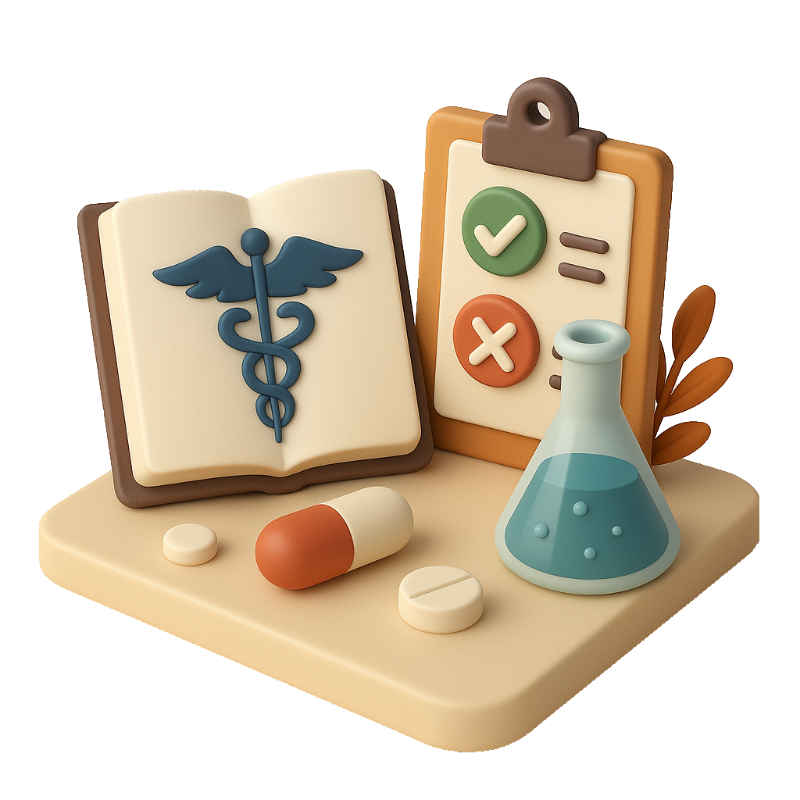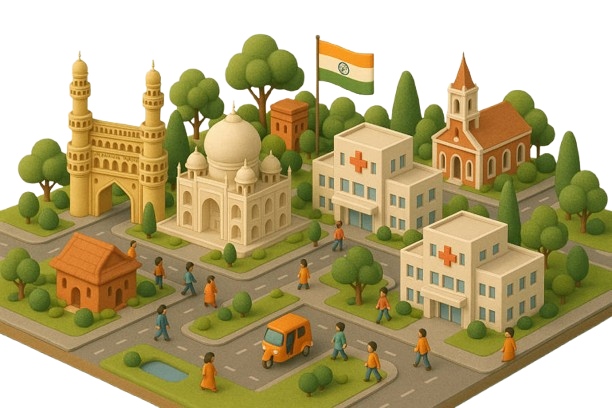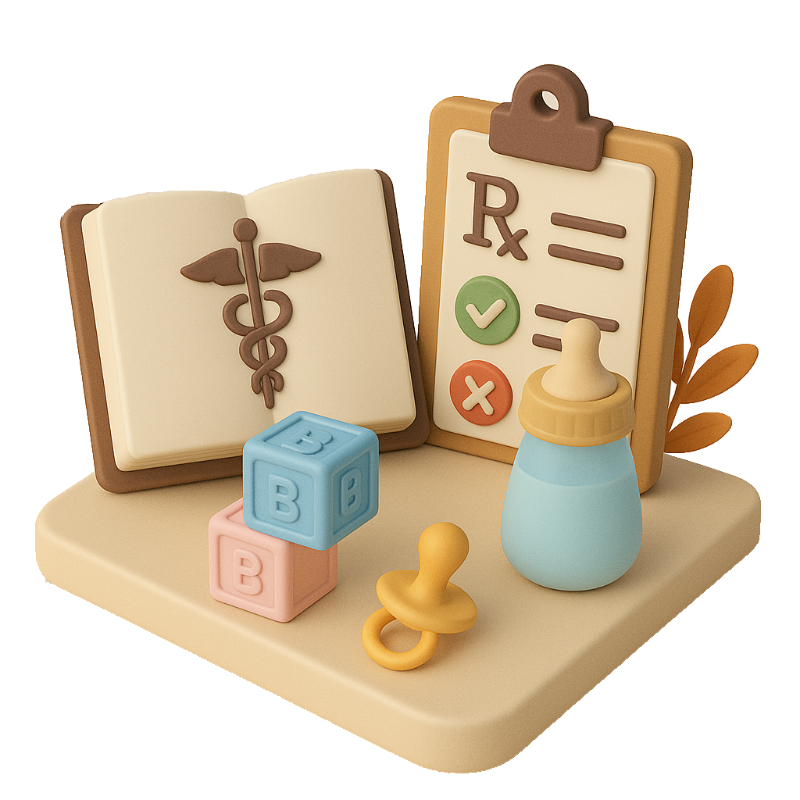MD Pharmacology, while not as traditionally popular as clinical specialties, holds unique potential and specific challenges. This article breaks down key aspects to help you make an informed decision.
Scope
Pharmacology, fundamentally, bridges basic science with clinical medicine. Its scope extends across academic institutions, research laboratories, pharmaceutical companies, and regulatory bodies. Pharmacologists play critical roles in drug discovery, clinical trials, adverse drug monitoring, and therapeutic guideline developments. With increasing emphasis on evidence-based medicine and personalized healthcare, pharmacologists are positioned to significantly impact healthcare delivery.
Job Satisfaction
Job satisfaction in pharmacology often depends on individual interests and career goals. Those passionate about research, teaching, and drug development typically find the field highly rewarding. There’s intrinsic satisfaction derived from contributing directly to medical advancements and patient safety through meticulous research and clinical guideline improvements. However, those seeking direct patient interaction might find less gratification due to the largely non-clinical nature of the specialty.
Work-life Balance
One of the standout benefits of MD Pharmacology is the relatively better work-life balance compared to clinical specialties. Roles in academics or industry typically follow regular working hours without mandatory night duties or emergency calls. This predictability and stability can greatly enhance personal and family life.
PG Life
Life during the MD Pharmacology postgraduate course tends to be less hectic compared to clinical specialties such as Internal Medicine, Surgery, or Pediatrics. PG students in pharmacology typically have structured work schedules with fewer night shifts and emergencies. The focus is predominantly on academic learning, research projects, teaching duties, and laboratory work. This allows students more control over their daily schedules, enabling a relatively balanced and manageable postgraduate experience.
Money
Financial aspects vary significantly based on the chosen career path post-specialization.
- Academics and Research: Salaries in academic institutions and research settings, although stable, are typically moderate, especially in the early stages. However, opportunities for funded research and grants can substantially supplement income.
- Pharmaceutical Industry: Positions in pharmaceutical companies generally offer lucrative remuneration, especially with experience and expertise. Career progression in corporate roles can lead to significantly higher earnings compared to traditional academic roles.
Pharmacologists’ earnings in India vary significantly based on experience and location:
- Freshers: Entry-level pharmacologists can expect salaries ranging from ₹40,000 to ₹70,000 per month.
- Experienced Professionals: With 5-10 years of experience, earnings typically increase to ₹80,000 to ₹1,50,000 per month. Those in senior roles or industry positions with substantial experience can earn upwards of ₹2,00,000 per month.
See salary stats on Glassdoor.
Private Practice
MD Pharmacologists have limited scope for private clinical practice. Unlike clinical specialists, pharmacologists rarely run their own private clinics. However, they can provide consultancy services in clinical research, regulatory compliance, and pharmacovigilance, potentially creating profitable independent career opportunities.
Future Prospects
With the rise in biotechnology firms and advancements in drug research and development, the future appears promising. MD Pharmacologists can tap into global career opportunities and interdisciplinary collaborations, particularly in personalized medicine, pharmacogenomics, and bioinformatics.
Challenges
- Limited Patient Interaction: For those who prefer direct patient care, the transition to a pharmacology career might feel detached from their initial clinical training.
- Highly Competitive Industry Roles: Securing high-paying roles in the pharmaceutical industry can be competitive, often requiring additional qualifications or substantial research experience.
- Constant Skill Upgradation: Pharmacology is rapidly evolving, necessitating continuous learning and staying updated with global developments, research methodologies, and regulatory frameworks.
Conclusion
MD Pharmacology offers distinct advantages such as excellent work-life balance, intellectually rewarding careers, and lucrative industry roles. Yet, it’s essential to introspect and align personal career aspirations with the realities of the specialty. Careful consideration of the pros and cons outlined above can facilitate a fulfilling career choice.



